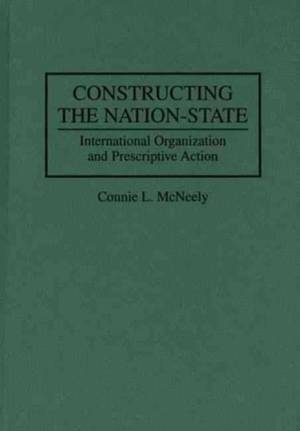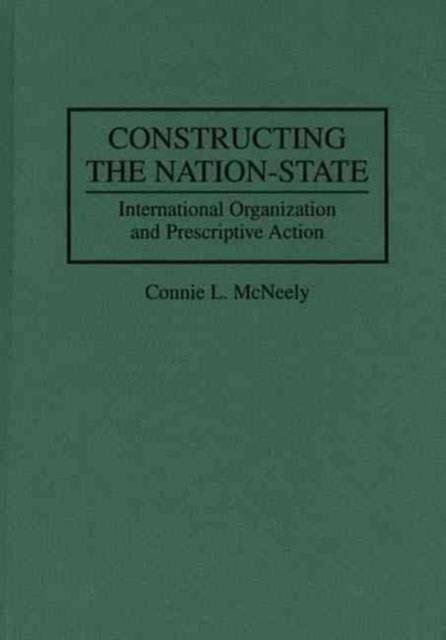
- Retrait gratuit dans votre magasin Club
- 7.000.000 titres dans notre catalogue
- Payer en toute sécurité
- Toujours un magasin près de chez vous
- Retrait gratuit dans votre magasin Club
- 7.000.000 titres dans notre catalogue
- Payer en toute sécurité
- Toujours un magasin près de chez vous
Description
This book analyzes the nation-state as part of a global political-cultural system. Considering theories on political life organized in terms of territories and sovereign authority and discussing how and why this became the preeminent form of political organization and authority throughout the world, it presents an exploration of the nation-state as a social construction. The author delves into an investigation of the impact of various aspects of international organization on nation-state structures and practices and, therefore, on the patterns and behaviors that constitute a world culture. Framed by world polity arguments, the nation-state is treated as a cultural object, with the international system as a cultural community giving it meaning, and shaping and defining its structures and practices.
Spécifications
Parties prenantes
- Auteur(s) :
- Editeur:
Contenu
- Nombre de pages :
- 208
- Langue:
- Anglais
- Collection :
Caractéristiques
- EAN:
- 9780313293986
- Date de parution :
- 20-11-95
- Format:
- Livre relié
- Format numérique:
- Genaaid
- Dimensions :
- 159 mm x 232 mm
- Poids :
- 430 g







